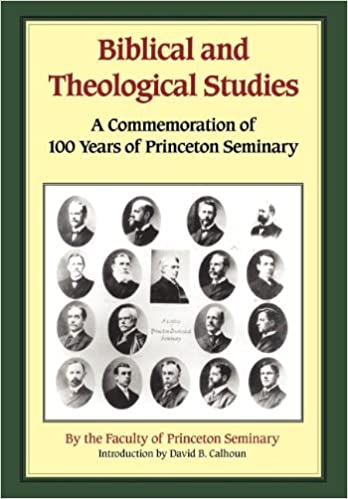A “Bonus” Chapter Summary from Books At a Glance
By Steve West
It is a profound mistake to identify the spiritual with the supernatural, and so it should not be asserted without argument that everything that is spiritual is also supernatural. We need to ask not whether there is a being that is spiritual, but rather whether there is a being that is transcendent, independent, and self-existent. Even in terms of freedom and will, God and man are not identical. An absolutely sovereign being must be one. The Supernatural, then, is above all physical and spiritual nature: it is entirely unique, and its essence is uncaused, it has the attribute of aseity, and it is radically autonomous. It has no bounds and is, therefore, the Infinite; it has perfect independence and is, therefore, the Absolute; it is not bound by deterministic necessity and is, therefore, the Unconditioned.
Christian apologetics presupposes the Supernatural and tries to prove that Christianity is the truth about the Supernatural. Theology, dogmatics, philosophy, science, and morality rest on the Supernatural. Since this is the case, all of religion and even civilization are dependent on the reality of the Supernatural, and our understanding of it. The entire message of the Scriptures revolves around the reality of God; without the Supernatural, there can be no hope or gospel.
The Infinite does not need to be the All—it can exist in relation to other things, but it is independent of everything. Our own consciousness tells us that we are not the Infinite, and the Infinite is not us. The epistemological doctrine of positivism has claimed we cannot know anything about the supernatural realm, but this positivism is simply false and self-refuting. Observation, sensory-interpretation, and induction do not proceed detached from theory. Positivism cannot explain the unifying conscious ego that experiences sensations. Monism denies that there is a distinction between the supernatural and the natural. Materialistic Monism posits everything as matter, whereas Idealistic Monism posits everything as spirit. There is no real ontological distinction between God and the universe, so the supernatural is ultimately the same as the natural. . . .
[To continue reading this summary, please see below....]The remainder of this article is premium content. Become a member to continue reading.
Already have an account? Sign In
